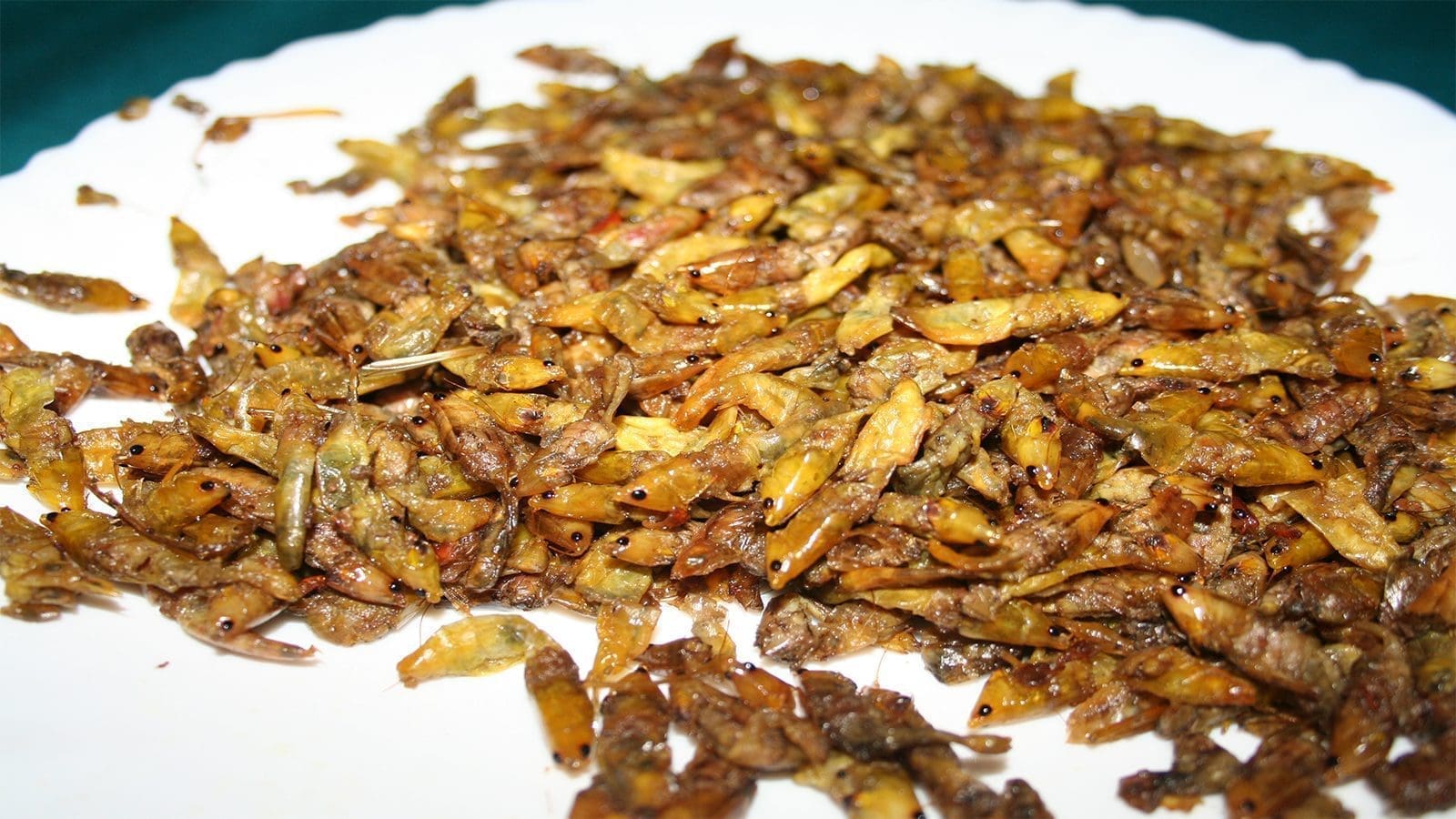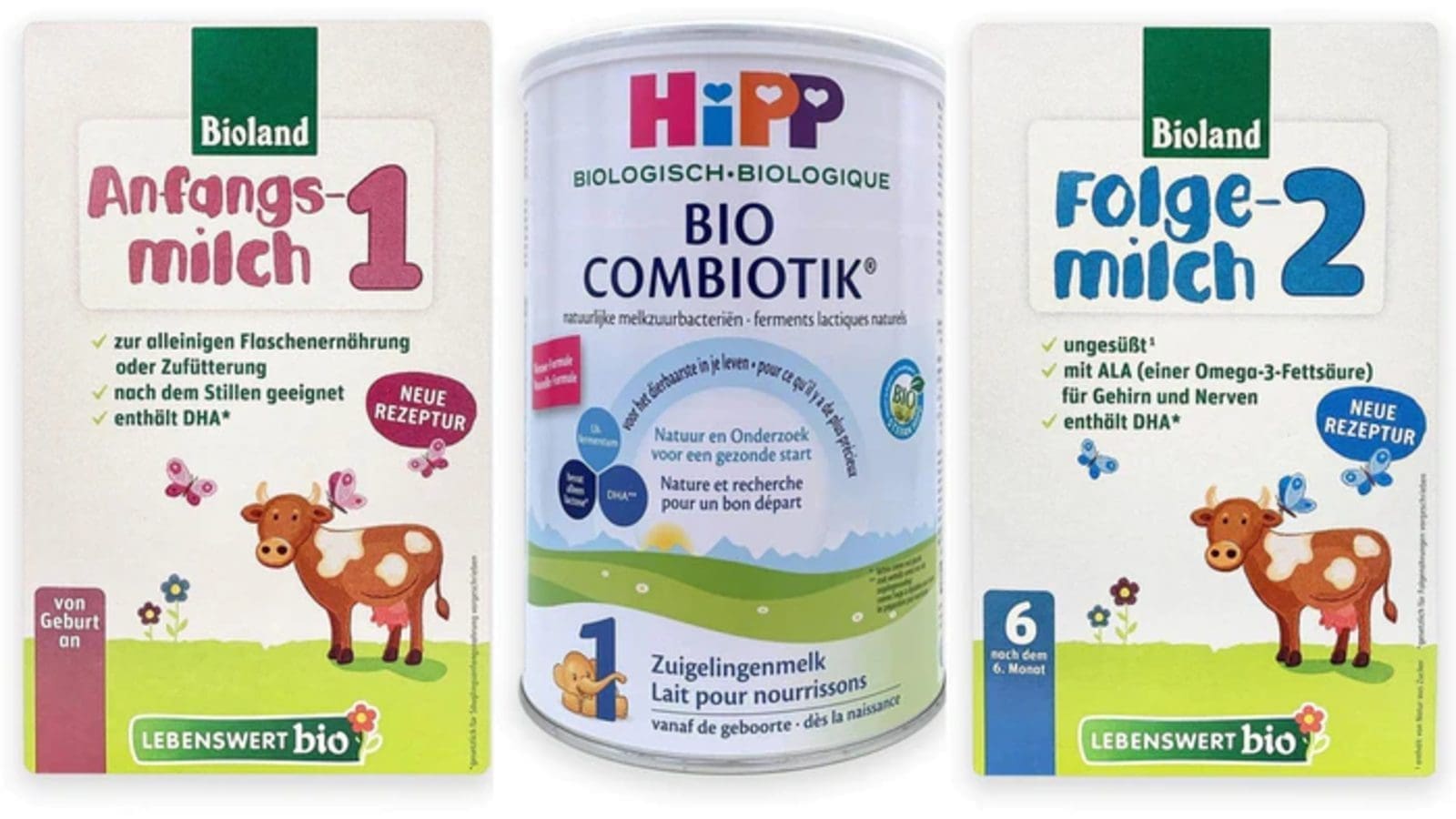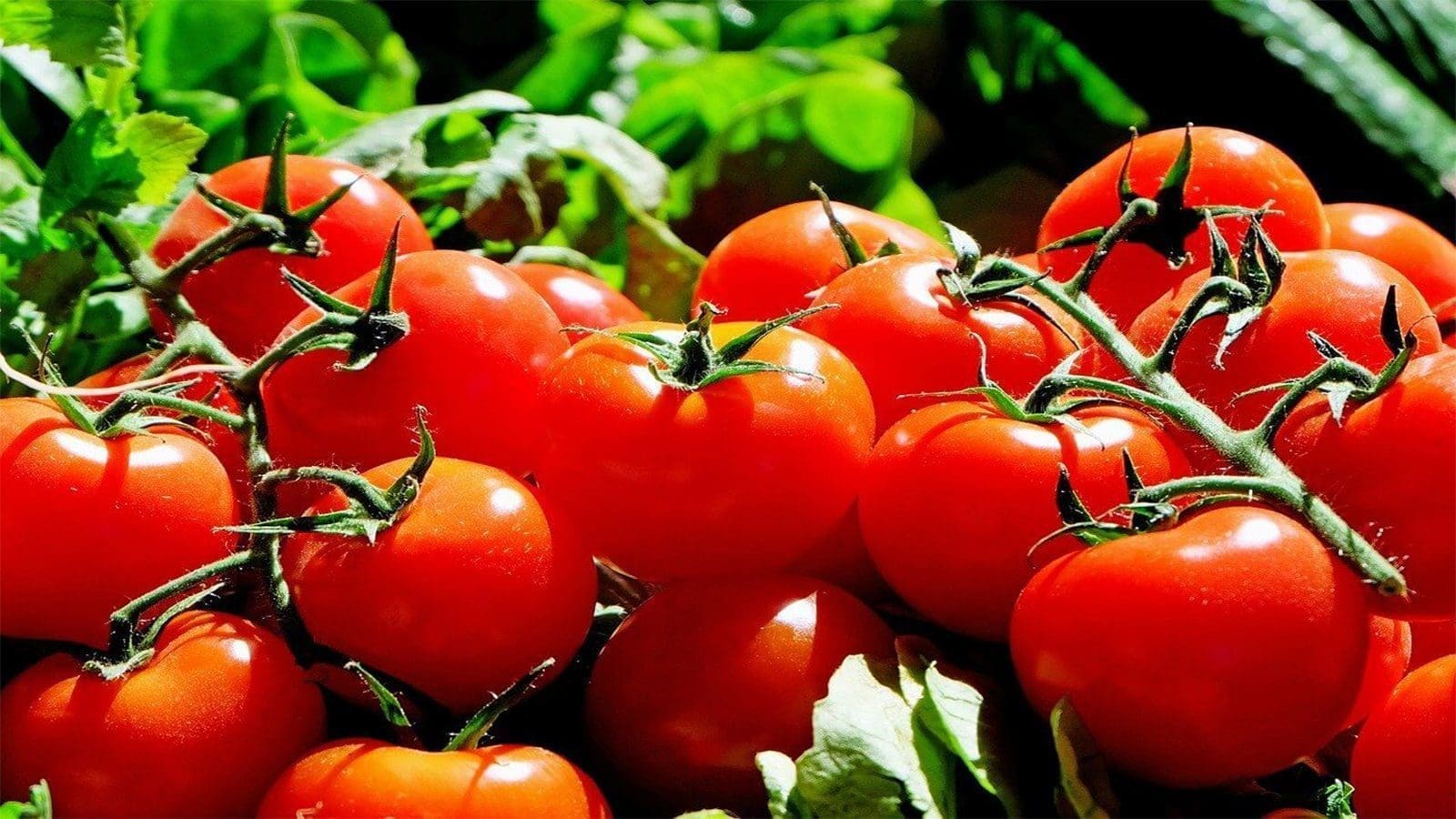UGANDA – The Uganda National Bureau of Standards (UNBS) in partnership with Makerere University School of Food Technology, Nutrition and Bio-Systems Engineering (Food Science) alongside International Centre of Insect Physiology and Ecology (ICIPE), have launched standards to govern the budding edible insects industry.
The Edible Insects Standard, US 2146:2020 Edible Insects–Specification is aimed to ensure the edible insects which are harvested, processed, and traded on the Ugandan market are safe for consumption.
It specifies the requirements, sampling and test methods for edible insects which include grasshoppers (Nsenene), white ants, termites, crickets, among others.
This is in line with the UNBS mandate of developing, promoting, and enforcing standards in protection of public health and safety, and the environment against dangerous and sub-standard products.
“The quality assurance measures involve analysis of unwanted biological and chemical substances which may contaminate the insects during the process of harvesting, processing, packaging or transportation,” said David Livingstone Ebiru, UNBS Executive Director.
Besides ensuring production of quality edible insects fit for human consumption, the new standard is also expected to help Uganda’s edible insect industry grow through commercialization due to their nutritional value and market opportunities both locally and internationally.
According to CMI, the global edible insects market was estimated to account for US$ 500m in 2019 and is expected to grow at a CAGR of 6.7% during the forecast period, 2020-2027 reaching US$850m by end of 2027.
Under the new standard, edible insects producers are now required to ensure their products are free from adulterants, extraneous material and objectionable odour, free from infestation and contamination from pests, comply with the maximum pesticide residue and veterinary residues limits established by CODEX, alimentarius commission for similar commodities.
Additionally, the insects, whether whole or granulated or powder or paste and either fried or dried, will not contain heavy metal contaminants in amounts that may represent a hazard to health.
They should be hygienically produced, prepared and handled in accordance with the provisions of appropriate sections of US EAS 39, and be packaged in food grade containers which will safeguard the hygienic, nutritional, and organoleptic qualities of the product, and more.
Besides the edible insect’s standard, UNBS also developed a standard for dried Insect products for compounding animal feeds, US 1712:2017 – Dried Insect Products for Compounding Animal Feeds –Specification, which guides farmers involved in Poultry and Fish Farming on how to use insects as alternative animal feed.
Uganda joins a rising movement in Eastern Africa that has been spurred on by a worldwide awakening to insects as a transformative force in reshaping food systems into a more sustainable and vibrant circular economy.
In 2020, Kenya established the world’s first national standards regulating the production, handling and processing of insects for food and feed.
The Kenya Bureau of Standards (KEBS) approved the regulations which were published in the Kenya Gazette outlining the requirements guiding farmers on the rearing of insects including the conditions that will ensure the safety of the harvested produce.
In addition, it stipulates the requirements of processed edible insects’ products packaged and presented either as whole or ground form and also for products such as biscuits or cookies where edible insects are used as ingredients.
Liked this article? Subscribe to Food Safety Africa News, our regular email newsletters with the latest news insights from Africa and the World’s food safety, quality and compliance. SUBSCRIBE HERE








